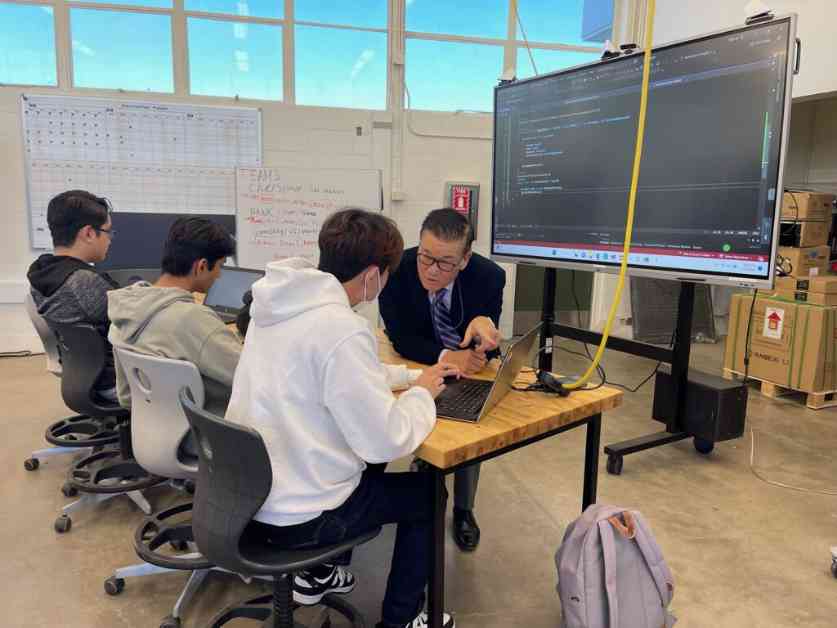In today’s rapidly changing world, the definition of student success is undergoing a transformation. The traditional measures that have long defined academic achievement are being reevaluated to embrace a more holistic approach that values skills beyond test scores and grades. As Superintendent of the Anaheim Union High School District in Southern California, Michael Matsuda has witnessed firsthand the disconnect between the skills demanded by the modern workforce and the criteria used by elite universities.
The prevailing system of higher education admission, characterized by high test scores, advanced coursework, and extracurricular activities, tends to favor privileged students with access to resources that enable them to excel in these areas. This exclusivity perpetuates a cycle of inequality that prevents many talented students from accessing opportunities for success.
Matsuda recognizes the importance of reshaping the narrative of student achievement to encompass a broader spectrum of abilities. This shift is not only about recognizing academic excellence but also about valuing qualities such as resilience, emotional intelligence, and social impact. By moving away from the narrow confines of traditional metrics, schools can better prepare students for a future that demands creativity, collaboration, and critical thinking.
Embracing a New Paradigm: The 5Cs of Student Success
In response to these challenges, Anaheim Union High School District is leading the way in redefining how student success is measured. By introducing the concept of the 5Cs – critical thinking, creativity, collaboration, communication, and compassion – the district is broadening the definition of “college and career readiness” to encompass a more comprehensive set of skills.
Working in collaboration with Professor June Ahn from UC Irvine and the education technology organization eKadence, Anaheim Union is piloting an innovative AI-enhanced learning strategy. This approach integrates structured reflection into student learning, enabling them to assess their strengths and areas for improvement after completing projects or units. The AI analysis then provides personalized feedback to help students grow and develop essential life skills.
The Future of Education: A More Equitable Path Forward
One of the most promising aspects of this new approach is its potential to influence college admissions. As universities reconsider the value of traditional criteria like standardized test scores, tools like the AI-summarized reflections developed by Anaheim Union offer a more holistic view of student potential. By highlighting a student’s growth, impact, and unique strengths, this portfolio-based approach provides a more nuanced understanding of what each individual has to offer.
Imagine a college admissions officer reviewing a student’s portfolio and gaining insight into their real-world experiences, challenges, and accomplishments. This dynamic narrative goes beyond grades and test scores to showcase the qualities that truly matter in today’s fast-paced and ever-changing world.
By embracing innovative strategies like the one implemented by Anaheim Union High School District, we can pave the way for a more just, dynamic, and inclusive educational system. This shift not only benefits individual students but also has the potential to transform the landscape of college admissions, workforce development, and society as a whole.
As Superintendent Matsuda aptly puts it, the time for change is now. By scaling up initiatives that prioritize a student-centered approach to education, we can ensure that every student has the opportunity to thrive and contribute meaningfully to the world around them. Let’s embrace this new paradigm of student success and create a brighter future for all.




















